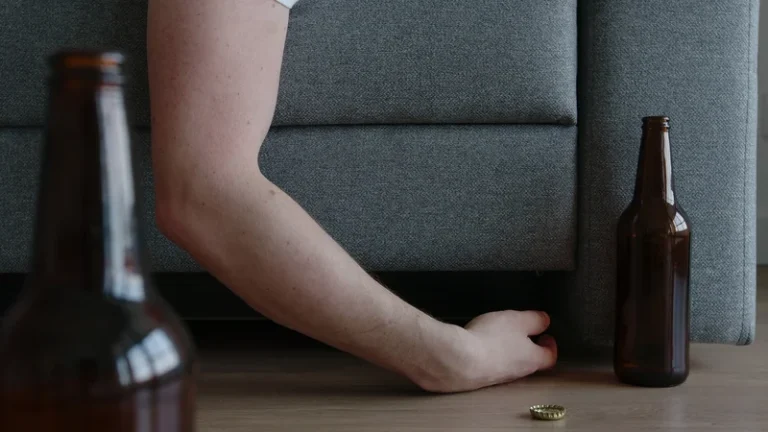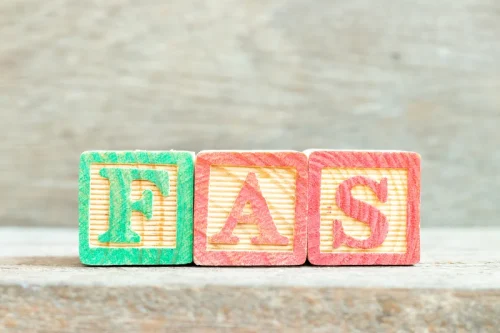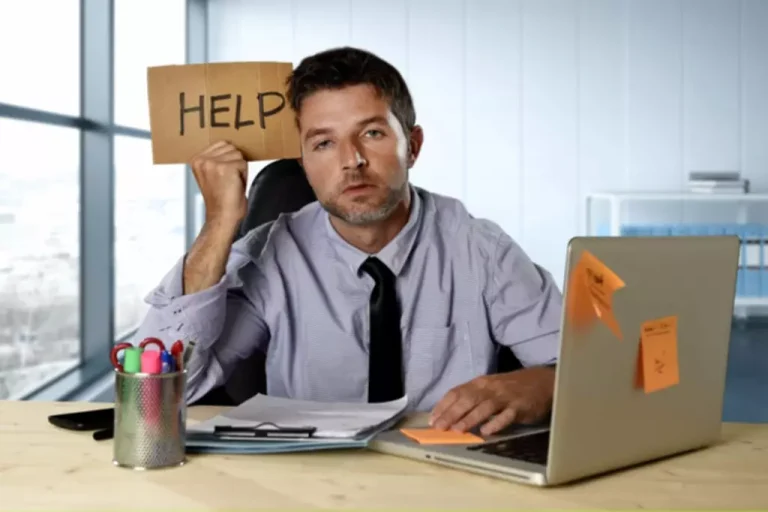12 Aug. 22
10 Ways That Resiliency Skills Help Battle Peer Pressure

It’s possible that a friend who is peer pressuring you simply wants to spend more time with you or connect with you, but they don’t know how else to ask. Peer pressure causes people to do things they would not otherwise do with the hope of fitting in or being noticed.
Seek positive vibes
Teens with mental health problems or low self-esteem may also be extra vulnerable to peer pressure. Youth often look to their peers for validation, if they experience self-doubt or insecurities, this can make them more likely to engage in risky behaviors to gain social acceptance. Positive peer pressure can encourage you to engage in beneficial or healthy activities. However, it’s essential to distinguish between positive and negative peer pressure and use your resiliency skills to make informed decisions that are right for you. The key to resisting peer pressure is for the teen to have role models, new ideas, and the positive effects of healthy self-confidence. Seeing peers use substances regularly can also give the impression that the substances are safe to use or won’t have any negative effects.
- Also, kids often get into trouble when they act without thinking – so thinking and talking about peer pressure can help prepare your child when he does have to face a difficult moment with friends.
- By coping with peer pressure, we become responsible for our actions.
- Reading your story can help other young people deal with the tough times.
- Peer pressure transcends age groups and can begin before the first day of school at daycare, playgroup, and more.
Find the right words to resist peer pressure
For example, if a pal pressures you to smoke, ask her why she smokes, how long she has smoked, if she minds having ashtray breath. His manager was not overly concerned about it, as he made up by being a high performer at work. But Pranay’s tardiness made him the butt of his colleagues’ jokes. Get health tips and parenting advice from Children’s Health experts sent straight to your inbox twice a month. A brief overview of the Student Rights and Responsibilities (SR&R) for middle school and high school students.

What strategies can help handle negative peer pressure?
Reading your story can help other young people deal with the tough times. “They made me do things I didn’t want to do. I felt anxious, pressured and lonely.” Knowing and acknowledging it for what it is can help us decide what to do next. We can also take the intentional step of being mindful about who we surround ourselves with, and who we chose to be closer to.
- Saying “no” becomes difficult in such contexts, even when uncomfortable, since humans innately seek to “belong.”
- Nurture connections with those who build you up as is, not those who require you to compromise core aspects of yourself to belong.
- Peer pressure has the potential to be either positive or negative in impact.
- For example, if you hang out with a group of people who take school seriously, you may be more likely to prioritize academics too.
- Other examples include eating more healthily and exercising, being more punctual, exploring positive hobbies, finding ways to support others, and so on.
Which ways are you more comfortable with, or less uncomfortable with? Know that if you are not comfortable explaining, the word “no” alone is a full sentence. Learning more about assertive communication is very helpful here. It is possible to remain friends with someone who does things you that don’t like, without you having to change for them. 80% of teenagers got into the habit of smoking due to negative peer influence, and 75% of teenagers have tried alcohol due to the same reason. Being aware of, and carefully choosing the influence of peers that will lead to healthy and happy experiences is a lifelong process.

How To Tackle Peer Pressure: Types, Strategies, Examples
- If someone persistently pressures you to do something, you can try telling them how it affects you.
- You’ll feel less alone when pressured if you have even one friend committed to avoiding risky behaviour, too.
- That way, you’re fulfilling both of your needs in a mutually beneficial way.
- Apart from the above, difficulty sleeping and low moods are also plausible signs.
- For example, ask yourself – do certain friends bring out my best self?
- You can experience peer pressure from people without them saying anything to you, and you can experience it from direct remarks made by others.
We all know what it’s like while dealing with peer pressure when so much seems to be riding on performance and meeting goals. These things can also be considered as a positive activity and there are many strategies to navigate academic pressure if you feel at any time. In contrast, how to deal with peer pressure negative peer pressure coerces others towards risky, inappropriate, unethical, dangerous or illegal choices. This pressure may be overt (e.g. direct goading to try drugs) or subtle (e.g. everyone at a party drinking shots, creating an implicit expectation for others to join in).
- One of the first lessons of dealing with peer pressure is to take a clear stand.
- Therefore, you must know how to tackle peer pressure, be a stand-out team player, and excel in your career.
- Conversely, in a one-to-one setting, the individual may not be as easily wavered as they are better able to stand their ground and act in accordance with their values.
- In-depth counselling can enhance poor self-image, communication skills, assertiveness training or early-stage addiction – all frequent factors in difficulty resisting peer pressure.
- Your friends and acquaintances should accept you for who you are.
- Dealing with peer pressure can be difficult, but below are some ways to help address it.
Teens should learn that every action has consequences and that if they do something negative, they will have to face them. It would be good for teens to surround themselves with people their age who have the same interests and share the same behavior. Living up to the expectations of others can certainly be draining. Peers can be your friends who are about your age and have similar interests and experiences. Peers can also be other kids who are about your age and are involved in the same activities with you or are part of a community or group you belong to. You may not consider all of your peers to be friends, but they can all influence you.

Ways That Resiliency Skills Help Battle Peer Pressure
This is also a stage in life where friend groups are of utmost importance and the need to fit in is a major factor in decision making. Learn more about the types and effects of peer pressure and how you can prepare your child to deal with it in a healthy way. There will come a time when important decisions are made for future life.


